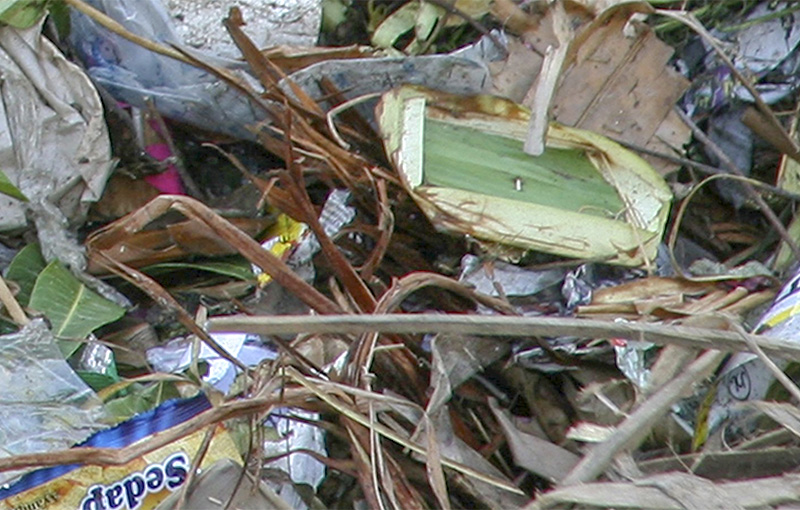Refuse Derived Fuel
RDF production is an essential and integral part of a modern society’s waste management options. Refuse-derived fuel (RDF) is a fuel produced from various types of waste such as municipal solid waste (MSW), industrial waste or commercial waste.
Building Projects Since 1985
Organics has been in the waste-as-a-resource business for over thirty years. During this time the company has provided over five hundred projects around the world with equipment to make beneficial use of a wide range of waste types. It has been a logical extension of Organics’ scope to develop Refuse Derived Fuel (RDF) equipment and facilities.
Three Steps to Success
Project Assessment
We assess your requirements and propose the best way to manage resources.
Project Delivery
Fabrication and installation according to our high standards of quality assurance
Care and Attention
Post-installation care and attention, maintenance, operation and optimisation
The Importance of RDF as a Fuel
The RDF Process
RDF is made from many different types of waste material and has been used successfully as an alternative, sustainable fuel that is a suitable replacement for fossil fuels. That means we can keep fossil fuel in the ground – where it belongs.
RDF as a Sustainable Fuel
RDF consists largely of combustible components of such waste, as non recyclable plastics (not including PVC), paper cardboard, labels, and other corrugated materials. These fractions are separated by different processing steps and then shredding or pelletised to produce a homogeneous material which can be used as substitute for fossil fuels in many processes.
RDF Type 1
RDF Type 2
RDF Type 3
RDF Type 4
Leading Edge Technology
RDF can be used to produce electricity. It can be used alongside traditional sources of fuel in coal power plants. In Europe, RDF is used in the cement kiln industry and can also be fed into plasma arc gasification modules & pyrolysis plants. Advantages of RDF include:
- It is a sustainable fuel
- It prevents the burying of waste
- It is a fundamental part of the circular economy
- It can be made from any types of waste material
Download our Datasheets
Refuse Derived Fuel
RDF Type 2
RDF Type 3
RDF Type 4
Making a Difference
“Progress is impossible without change, and those who cannot change their minds cannot change anything.”
“Never doubt that a small group of thoughtful, committed citizens can change the world; indeed, it is the only thing that ever has.”

